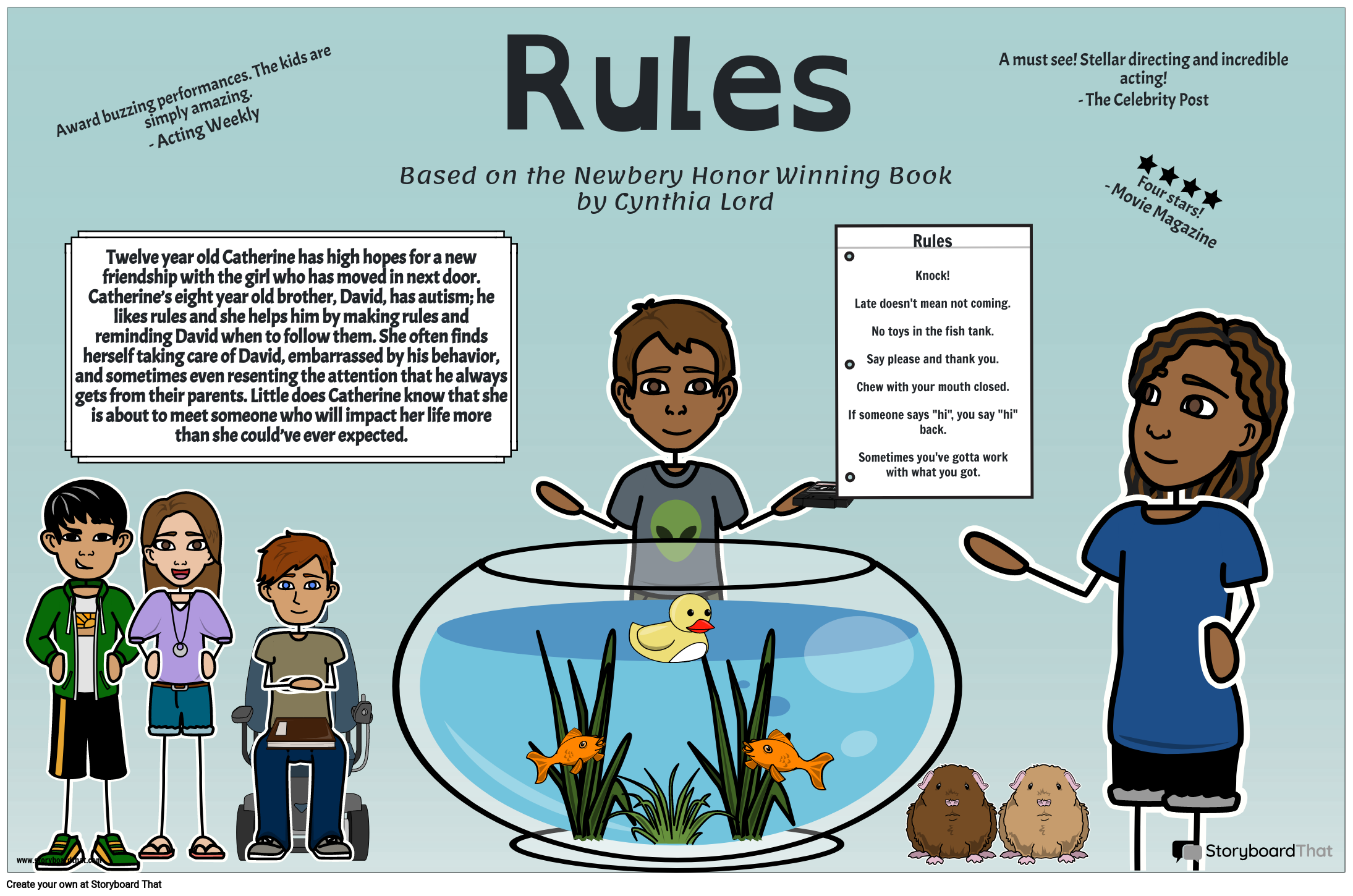3 Movie Rules You Need To Know Before Watching Any Film
Let’s face it, folks. Watching movies is more than just pressing play on Netflix or heading to the theater. There’s a whole world of unwritten rules that can make or break your movie experience. And guess what? These rules aren’t just for critics or film buffs—they’re for everyone who wants to get the most out of their screen time. If you’re serious about enjoying movies, these 3 movie rules are a must-know. So buckle up, because we’re diving deep into the world of cinema!
Now, I know what you’re thinking. Do we really need rules for something as fun and chill as watching movies? The short answer is yes. Movies are an art form, and like any art, they come with a set of expectations and guidelines that can enhance your experience. From understanding the director’s vision to knowing when to skip that boring scene, these rules will help you become a smarter, more engaged moviegoer.
So whether you’re a casual viewer or a die-hard cinephile, these 3 movie rules are about to change the way you watch films forever. Ready to level up your movie game? Let’s get started!
- Exploring Mydesicom Your Ultimate Destination For South Asian Products
- Uiiu Movies Your Ultimate Destination For Cinematic Adventures
Table of Contents
- Rule #1: Understand the Director’s Intent
- Rule #2: Don’t Judge a Movie by Its Trailers
- Rule #3: Watch with an Open Mind
- Subrule: Know When to Skip
- Subrule: Respect the Genre
- Subrule: Learn the Language of Film
- Subrule: Appreciate the Score
- Subrule: Watch the Credits
- Subrule: Avoid Spoilers at All Costs
- Conclusion: Mastering the Art of Movie Watching
Rule #1: Understand the Director’s Intent
Alright, let’s kick things off with the first golden rule. Every movie has a story to tell, and that story comes straight from the director’s brain. Think of the director as the captain of the ship. They’re the ones steering the narrative, deciding which scenes to include, and how to present the characters. So, if you want to truly enjoy a film, you gotta understand what the director’s trying to say.
For example, Quentin Tarantino’s movies are all about style, dialogue, and violence. If you go into one of his films expecting a feel-good romance, you’re gonna have a bad time. On the other hand, directors like Greta Gerwig focus on character-driven stories with emotional depth. Knowing the director’s intent helps you appreciate the film for what it is, rather than what you expect it to be.
Know When to Skip
Here’s a little secret that not everyone talks about. Not every scene in a movie is worth your time. Sometimes, you’ll come across long, drawn-out sequences that don’t add much to the story. In those moments, it’s okay to fast-forward or skip ahead. Just don’t make it a habit, okay? You might miss something important!
- Movierulz5 Kannada Your Ultimate Guide To Streaming Movies
- Skymovieshd In Your Ultimate Destination For Movie Streaming
But here’s the trick: if the director is someone you respect, like Christopher Nolan or Martin Scorsese, you might want to stick it out. Trust me, those “boring” scenes often turn out to be the most rewarding later on. So use your judgment wisely!
Rule #2: Don’t Judge a Movie by Its Trailers
This one’s a biggie, folks. Trailers are like movie teasers—they’re designed to get you excited. But here’s the thing: trailers don’t always tell the whole story. They might show you the coolest action scenes or the funniest jokes, but they don’t give you the full picture. And that’s where the danger lies.
Take "The Dark Knight," for example. The trailers made it look like just another superhero movie. But when you actually watch the film, you realize it’s so much more. It’s a psychological thriller with deep themes about chaos and order. So, next time you see a trailer, take it with a grain of salt. The real magic happens when you watch the movie itself.
Respect the Genre
Another important subrule is to respect the genre of the movie you’re watching. Let’s say you’re watching a horror film. Don’t go into it expecting a romantic comedy. That’s just setting yourself up for disappointment. Each genre has its own rules and expectations, and understanding them can make your viewing experience so much better.
For instance, if you’re watching a sci-fi film, you should be ready for mind-bending concepts and futuristic worlds. If you’re watching a documentary, you should expect to learn something new. By respecting the genre, you’re respecting the filmmaker’s craft, and that’s a big deal.
Rule #3: Watch with an Open Mind
Here’s the third and final rule, and it’s probably the most important one. When you’re watching a movie, try to keep an open mind. Don’t let your preconceived notions or biases cloud your judgment. Movies are meant to challenge, inspire, and entertain. And sometimes, the best films are the ones that make you think differently.
For example, if you’re watching a foreign film, don’t dismiss it just because it’s not in English. Some of the greatest movies ever made come from other countries. Films like "Parasite" and "Roma" have broken barriers and won awards because they tell universal stories that resonate with audiences worldwide. So, open your mind, folks!
Learn the Language of Film
Now, let’s talk about something a little more technical. If you really want to understand movies, you should learn the language of film. This means paying attention to things like cinematography, editing, and sound design. These elements might seem small, but they play a huge role in how a movie feels and looks.
For instance, a close-up shot can convey intense emotion, while a wide shot can give you a sense of scale. A fast-paced edit can create tension, while a slow edit can build suspense. Understanding these techniques can help you appreciate the artistry behind every frame.
Appreciate the Score
Music is another crucial element of movies that often gets overlooked. A great score can elevate a film from good to unforgettable. Just think about John Williams’ iconic themes in "Star Wars" or Hans Zimmer’s haunting score in "Inception." These scores don’t just add background noise—they tell their own stories and enhance the emotional impact of the film.
So, next time you’re watching a movie, take a moment to listen to the music. You might be surprised by how much it adds to the overall experience. And if you’re really into it, try finding the soundtrack and listening to it on its own. Trust me, it’s worth it!
Watch the Credits
Here’s a fun little subrule that not everyone follows. Watch the credits! I know, I know, it sounds boring. But the credits are where the real magic happens. They give credit to all the people who worked hard to bring the movie to life—from the director and actors to the editors and sound designers.
Plus, sometimes the credits have hidden Easter eggs or bonus scenes that you don’t want to miss. For example, Marvel movies are famous for their post-credit scenes, which often tease future movies in the franchise. So, stick around after the movie ends—you never know what you might discover!
Avoid Spoilers at All Costs
Okay, last but not least, let’s talk about spoilers. Spoilers are the worst. They ruin the surprise and take away from the experience. So, if you care about a movie, do yourself a favor and avoid spoilers at all costs. That means staying away from social media, reviews, and even conversations with friends who’ve already seen the film.
And if you’re the one who’s seen the movie, don’t be that person who ruins it for others. Keep your mouth shut and let them enjoy the film for themselves. It’s just common courtesy, folks!
Expert Insights and Statistics
Now, let’s back up these rules with some expert insights and statistics. According to a study by Nielsen, 70% of moviegoers say they enjoy films more when they go in with an open mind. That’s a pretty convincing statistic, don’t you think?
Additionally, a survey conducted by Rotten Tomatoes found that 85% of viewers regret watching a movie after reading spoilers. That’s a huge number, folks. It just goes to show how important it is to protect the magic of the unknown.
Conclusion: Mastering the Art of Movie Watching
And there you have it, folks. The 3 movie rules that every movie lover should know. By understanding the director’s intent, not judging a movie by its trailers, and watching with an open mind, you can take your movie experience to the next level. Remember, movies are more than just entertainment—they’re a form of art that deserves respect and appreciation.
So, next time you’re settling in for a movie night, keep these rules in mind. And don’t forget to share this article with your friends. The more people who know these rules, the better the movie-watching world will be. Now go out there and start watching like a pro!
Oh, and one last thing. If you have any thoughts or questions, drop a comment below. I’d love to hear from you!
Article Recommendations
- Hd 4u Hub Movie The Ultimate Destination For Movie Buffs
- Watchfilmy Your Ultimate Guide To Streaming Movies Online



Detail Author:
- Name : Dr. Enrico Dooley
- Username : sjenkins
- Email : katrine52@runolfsson.com
- Birthdate : 1992-03-25
- Address : 10821 Reichel Cape Suite 164 Lake Giovannimouth, NV 18727
- Phone : +1-901-615-5567
- Company : Sawayn LLC
- Job : Marine Architect
- Bio : Suscipit et et fugit voluptatem veritatis ut cumque. Aut et vel quae sed. Voluptatem facilis dolores et.
Socials
twitter:
- url : https://twitter.com/jeramy5814
- username : jeramy5814
- bio : Ipsa voluptatibus aut nisi debitis nam. Earum culpa aut est possimus itaque aut. Vel cum qui et necessitatibus fugit nostrum sit.
- followers : 6818
- following : 2496
tiktok:
- url : https://tiktok.com/@jeramywisoky
- username : jeramywisoky
- bio : Maxime sint est omnis maxime ut sit perspiciatis.
- followers : 6785
- following : 1177
facebook:
- url : https://facebook.com/jeramy_official
- username : jeramy_official
- bio : Itaque hic distinctio itaque quis ut est.
- followers : 5206
- following : 2545
instagram:
- url : https://instagram.com/jeramy_wisoky
- username : jeramy_wisoky
- bio : Molestiae harum ut ea aut. Fuga accusantium et sint ut id. Saepe eos odio doloribus explicabo.
- followers : 757
- following : 1679